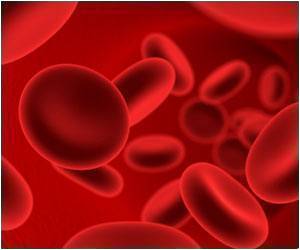Good nutrition and exercise can help in losing weight. Eating extra calories within a well-balanced diet can help to add weight.

‘Protein tyrosine phosphatase receptor type J plays critical roles in the development of leptin resistance. The inhibition of PTPRJ may be a potential strategy for improving obesity.’





The research group of Professor Masaharu Noda, Associate Professor Takafumi Shintani, and a graduate student Satoru Higashi of the National Institute for Basic Biology (NIBB) demonstrated that protein tyrosine phosphatase receptor type J (PTPRJ) inhibits leptin signaling and that induction of PTPRJ in the hypothalamus is a cause of leptin resistance. They showed that PTPRJ is expressed in hypothalamic neurons together with leptin receptors, and that PTPRJ inhibits activation of the leptin receptor through dephosphorylation of JAK2, a protein tyrosine kinase associated with the leptin receptor. Ptprj-deficient (Ptprj-KO) mice showed no growth retardation, but exhibited lower weight gain, because of a lower food intake and a lower adiposity, than wild-type (WT) mice.
Importantly, PTPRJ expression in the hypothalamus was up-regulated by diet-induced obesity, and, thus, diet-induced leptin resistance did not occur in Ptprj-KO mice. Furthermore, the overexpression of PTPRJ in the hypothalamus induced leptin resistance in lean mice. These results strongly indicate that PTPRJ plays critical roles in the development of leptin resistance. The inhibition of PTPRJ may be a potential strategy for improving obesity.
Source-Eurekalert











